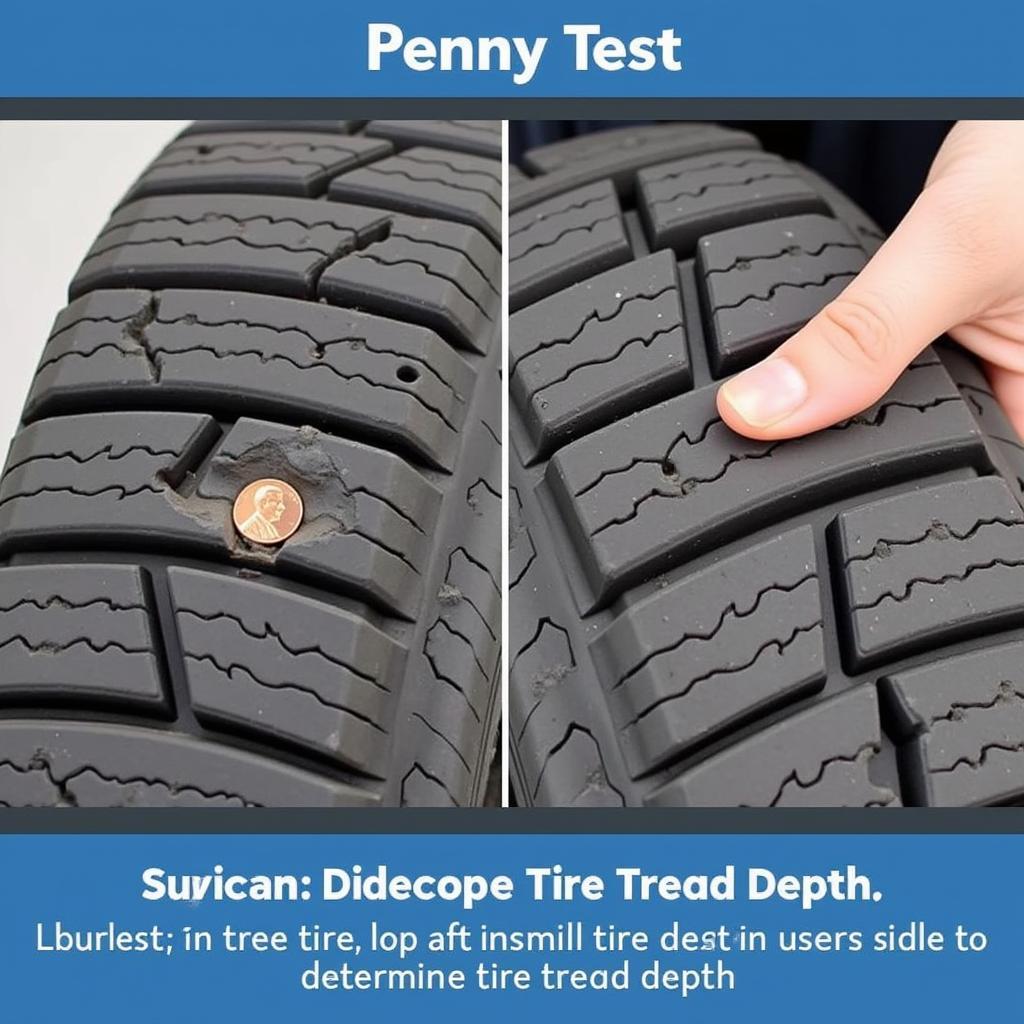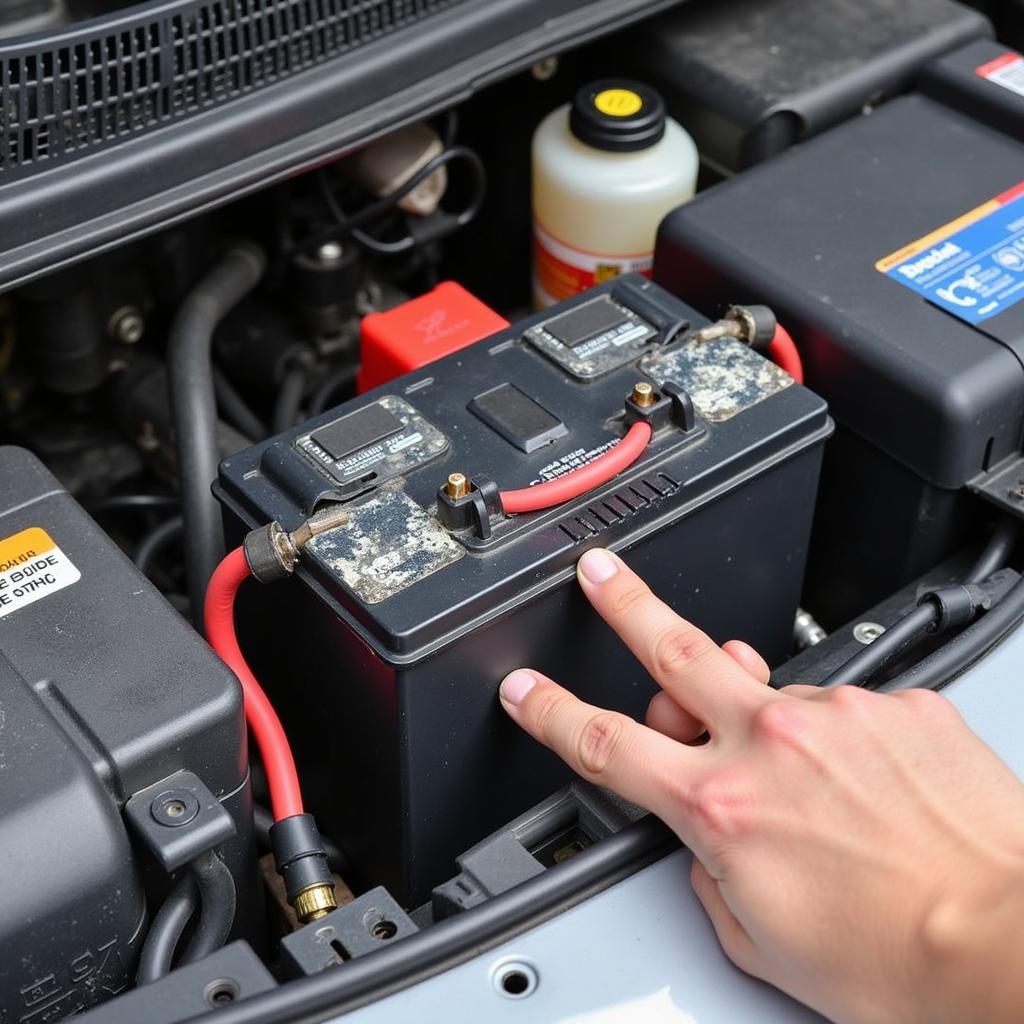Keeping your car in good working order is crucial for safety, reliability, and avoiding costly repairs. While some tasks can be left to professionals, there are many basic maintenance procedures you can do yourself to keep your car running smoothly. This guide covers essential car maintenance tasks for car owners, repair shop owners, and auto technicians, providing valuable insights to help you address common automotive issues.
Regularly Check Fluid Levels
One of the simplest yet essential car maintenance tasks is checking fluid levels. Each fluid plays a crucial role in the proper functioning of various car systems.
Checking Engine Oil:
This is arguably the most important fluid level to monitor. Engine oil lubricates moving parts, preventing friction and wear. Regularly check the oil level using the dipstick and add oil if necessary. You can find the dipstick near the engine compartment.
Checking Coolant Level:
Coolant prevents the engine from overheating by circulating and absorbing excess heat. The coolant level should be checked at least once a month, especially during hot weather. You’ll find the coolant reservoir near the radiator.
Checking Brake Fluid Level:
Brake fluid transfers hydraulic pressure from the brake pedal to the brake calipers. Always make sure the brake fluid is at the full mark, as low levels can compromise braking performance. The brake fluid reservoir is usually located near the master cylinder, which is beneath the hood.
Checking Power Steering Fluid Level:
Power steering fluid assists in steering, making it easier to turn the wheel. The power steering fluid should be checked regularly and topped off if needed. You’ll find the power steering fluid reservoir near the steering column.
Checking Windshield Washer Fluid:
This fluid is used to clean the windshield, improving visibility. Ensure there’s enough windshield washer fluid and replenish it as needed. The reservoir is usually located in the engine compartment.
“Checking fluid levels regularly is a simple but crucial step in preventative car maintenance,” says renowned automotive technician, Mark Taylor. “It helps you catch potential issues before they escalate into major problems.”
Regularly Check Tire Pressure
Maintaining proper tire pressure is essential for optimal performance, handling, and fuel efficiency. Underinflated tires can lead to premature wear, while overinflated tires can make the ride uncomfortable and increase the risk of a blowout.
To check tire pressure, use a tire pressure gauge. You can buy a simple gauge from most auto parts stores. Refer to your owner’s manual or the sticker on the driver’s side doorjamb for the recommended tire pressure for your car.
It’s best to check tire pressure when the tires are cold, meaning they haven’t been driven on for at least 3 hours.
Regularly Check Tire Tread Depth
The tread on your tires helps grip the road, providing traction and control. As tires wear, the tread depth decreases, reducing traction and increasing the risk of skidding, especially in wet or slippery conditions.
You can check tire tread depth with a tread depth gauge or by using the penny test. Insert a penny upside down into the tire tread groove. If you can see Lincoln’s head completely, the tread depth is less than 2/32″, which is considered worn out and unsafe.
 Checking tire tread depth using a penny
Checking tire tread depth using a penny
Regularly Change Engine Oil and Filter
Engine oil lubricates and cools the engine, preventing wear and tear. Over time, engine oil breaks down and loses its effectiveness, requiring replacement. Changing the oil and oil filter regularly is crucial for engine health.
The frequency of oil changes varies based on the type of oil, driving conditions, and vehicle age. Consult your owner’s manual for the recommended oil change intervals.
“Oil changes are often considered the most important maintenance procedure,” states Mary Robinson, a certified automotive mechanic. “It helps maintain engine efficiency, reduces wear and tear, and can extend the life of your engine.”
Regularly Rotate Tires
Tire rotation helps ensure even wear across all four tires. Rotating tires regularly can extend their life, improve handling, and enhance fuel efficiency.
The frequency of tire rotation depends on your driving habits and tire type. Consult your owner’s manual or a trusted mechanic for the recommended rotation intervals.
Regularly Inspect Battery
The car battery provides power to start the engine and operate electrical components. A weak battery can make starting difficult or even impossible.
You should visually inspect the battery regularly for corrosion, leaks, or damage. Also, check the battery terminal connections for tightness and corrosion.
If you notice any issues, consult a mechanic.
 Inspecting car battery for corrosion
Inspecting car battery for corrosion
Regularly Inspect Brakes
Brakes are vital for safety, ensuring you can stop your car when needed. Regularly inspect your brake pads and rotors for wear. Listen for any unusual noises, such as grinding or squealing, which could indicate brake problems.
If you notice any brake issues, consult a mechanic immediately.
Regularly Clean Air Filter
The air filter prevents dirt and debris from entering the engine, protecting it from damage. A dirty air filter restricts airflow, reducing engine performance and fuel efficiency.
You can easily replace the air filter yourself. Refer to your owner’s manual for instructions.
Get a Comprehensive Car Inspection
A comprehensive car inspection by a trusted mechanic can identify potential problems before they escalate into costly repairs. This inspection should include:
- Visual inspection of the engine compartment: Inspecting hoses, belts, fluids, and other components for leaks, wear, or damage.
- Undercarriage inspection: Inspecting suspension components, exhaust system, and brakes for wear, damage, or leaks.
- Road test: Evaluating the car’s overall performance, handling, and braking.
Conclusion
Basic car maintenance is essential for keeping your car running smoothly and safely. By implementing the tasks outlined above, you can avoid costly repairs, ensure your vehicle’s reliability, and extend its lifespan. Remember to consult your owner’s manual for specific recommendations and, for more complex issues, seek assistance from a trusted mechanic.
AutoTipPro is here to assist you with any car maintenance needs. Contact us today for expert advice and support:
Phone: +1 (641) 206-8880
Office: 500 N St Mary’s St, San Antonio, TX 78205, United States
FAQ
Q: How often should I check my tire pressure?
A: It’s recommended to check tire pressure at least once a month, or more frequently if you notice any changes in your car’s handling.
Q: What are the signs of a worn-out brake pad?
A: You might hear grinding or squealing noises when applying the brakes. You might also feel a vibration in the brake pedal.
Q: What does a dirty air filter sound like?
A: You may hear a whistling or hissing sound when the engine is accelerating.
Q: Can I change the engine oil myself?
A: Yes, you can change the engine oil yourself, but make sure to follow the instructions in your owner’s manual.
Q: What should I do if my car battery is corroded?
A: Contact a mechanic to have the battery checked and cleaned. You should also inspect the battery terminals for tightness and corrosion.




Leave a Reply